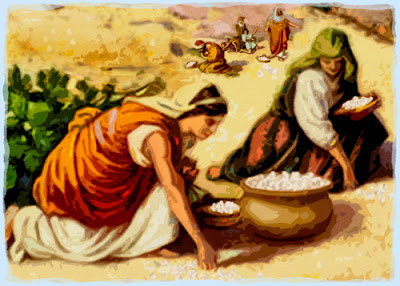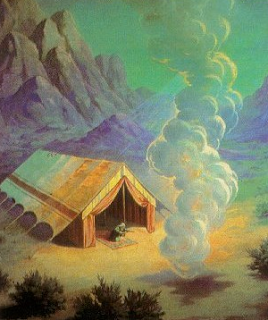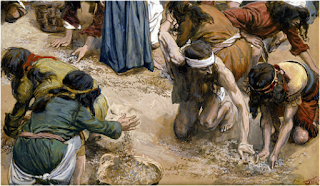Hello! It’s been a while since I posted on here. Writing this feels like I’m reconnecting with dear friends, many of whom I have never met but are friends nonetheless.
How have you managed throughout the last few months of this pandemic? I hope you have stayed well and untouched by the nasty Covid-19 virus!
The isolation and social distancing orders have certainly changed the extent to which we have connected with each other physically here in southwest B.C., Canada. However, our modern age of virtual connection has kept us attending church (albeit in our homes), doing Bible studies together (through Zoom etc.), and catching up on friends and family through phone calls, emails, Facebook, and other ways. And isn’t it wonderful that God is not quarantined or in any way limited by this circumstance!
Perhaps this time has been one of catch-up or getting ahead for you. Maybe you have begun or completed a project that was previously a good intention only. That has been the case for me.
I’m happy to announce that a continuation of the story begun in my novel Destiny’s Hands, is now finished and available for purchase.
Just to refresh your memory, Destiny’s Hands is a fictional retelling of Bezalel’s story (the man who God chose to craft the Tabernacle and its worship accessories). The sequel, Under the Cloud, continues the story of the exodus.
Here’s the book description:
“Fifteen-year-old Zamri lives in the shadow of her brilliant brother Bezalel. While he crafts the gold and bronze articles for Tabernacle worship, all she can look forward to is a life of women’s work—work she finds uninteresting and confusing. But no one can keep her from dreaming. She imagines becoming a leader among women like her hero Miriam. That all changes when the dashing Pallu wins her heart.
“Trek through the years of exodus with Zamri as, within the strictures of Israel’s patriarchal society, she grows into mature womanhood. Discover with her how dreams need never die, indeed can come true in the most unlikely ways.”
Under the Cloud is available worldwide in paperback and ebook editions through Amazon.
In case you missed it:
What has this unusual time meant for you? I’d love to hear. Leave a note in comments, or email me HERE.





















